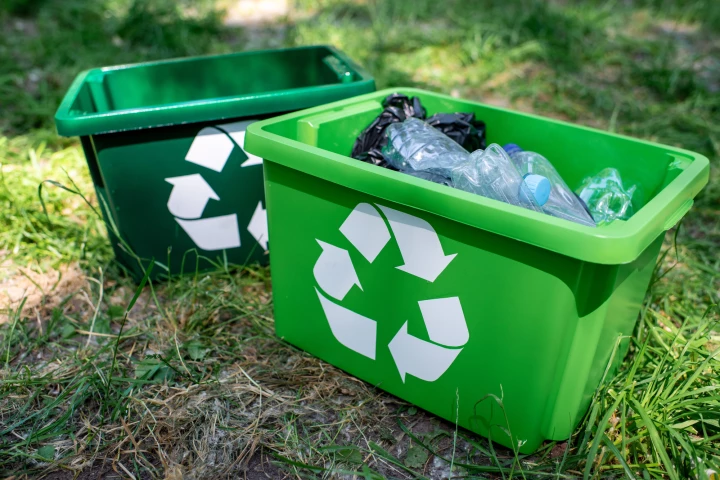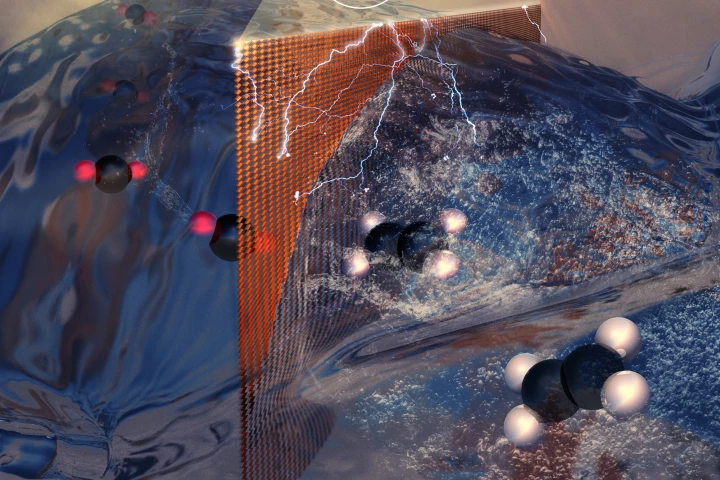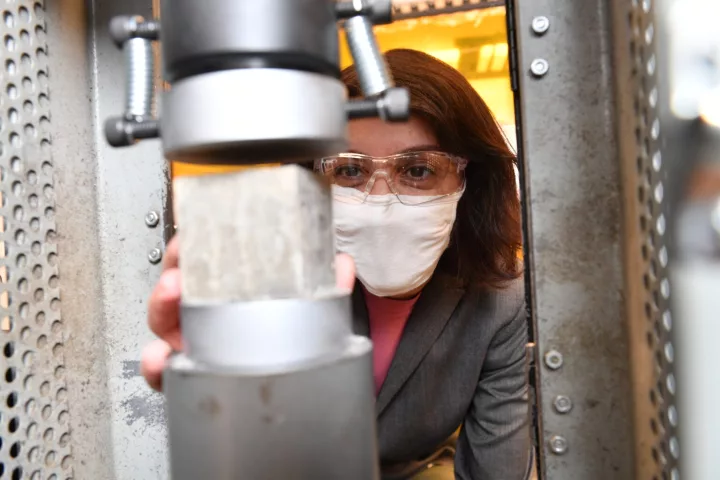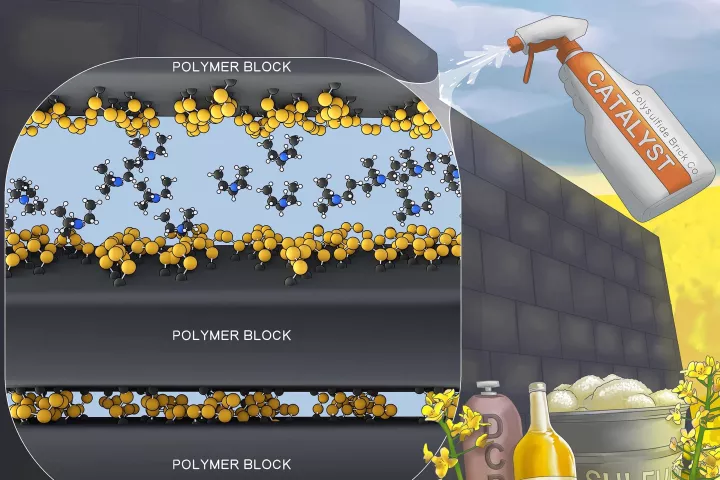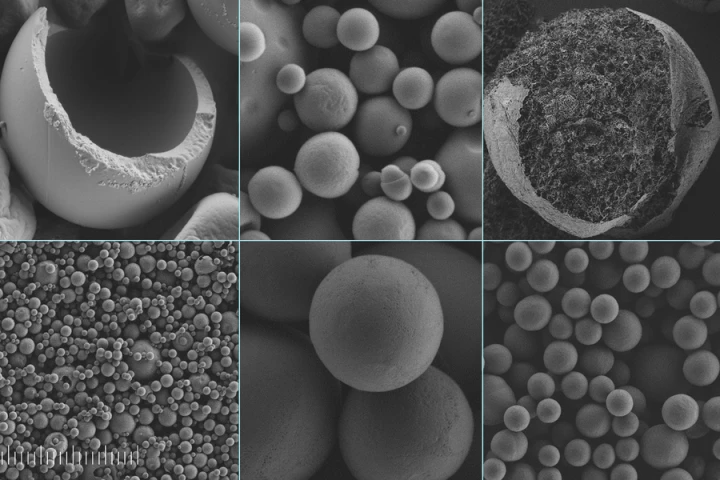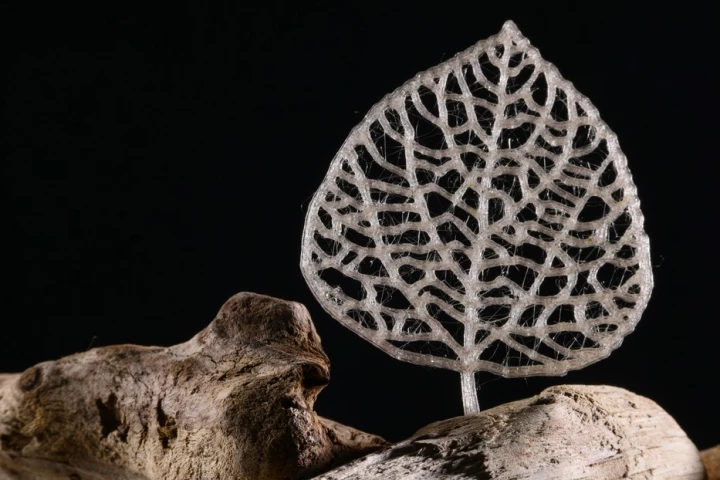Environmentally-friendly
-
Plastics are made to last, which is great while they’re being used but not so great after they’re discarded. Chemists have now developed a new kind of plastic that has all the durability of regular plastic, but biodegrades within months or even days.
-
Engineers at UIC have developed a device that can efficiently convert captured carbon dioxide into ethylene, a plastic precursor material. When run using renewable energy, the technique could make for net negative emissions in plastic production.
-
Single-use, single-serve coffee "pods" are definitely not eco-friendly, which is why refillable pods have been created. Swiss company CoffeeB is taking a different approach, however, with its fully compostable Coffee Balls.
-
Discarded electronics can be a gold mine – literally. Researchers have developed an efficient new way to use graphene to recover gold from electronic waste, without needing any other chemicals or energy.
-
The production of cement is a major source of carbon emissions, so the less of it that's used, the better. A new study could help, as it shows that cement can be made much stronger with the addition of material derived from waste shrimp shells.
-
Construction is one of the largest sources of greenhouse gas emissions. Flinders University researchers have now developed a polymer made out of industrial waste that can be formed into building bricks that bond together without needing any mortar.
-
Although it's always best to reuse and recycle, many small, simple, low-power electronic devices tend to be single-use. A new paper battery could make them more eco-friendly, as it's activated by water, and it biodegrades once discarded.
-
Microplastics are a major environmental problem, but a new study could help cut out a decent chunk of them. Silk could be a biodegradable replacement for microbeads and particles that are often added to cosmetics, paints and other products.
-
Plastics are tough, which is great when in use but not so good in the environment. Scientists have developed a new PET-like plastic derived from waste plant matter that can be chemically recycled or degrade into harmless sugars in the environment.
-
The production of traditional Portland cement is a major source of greenhouse gas emissions, as the ingredients have to be heated to very high temperatures. Such is not the case with a new biocement, however, which also incorporates waste materials.
-
As the number of electronic devices grows, we have to get creative with our energy sources. Cambridge researchers have now demonstrated how an algae energy harvester can use sunlight to power a microprocessor for over a year without any intervention.
-
The best method of limiting mosquito-borne diseases is to kill the larvae, but doing so often involves synthetic insecticides. A new study suggests a method of improving the effectiveness of a cheaper, longer-lasting alternative – clove oil.
Load More
